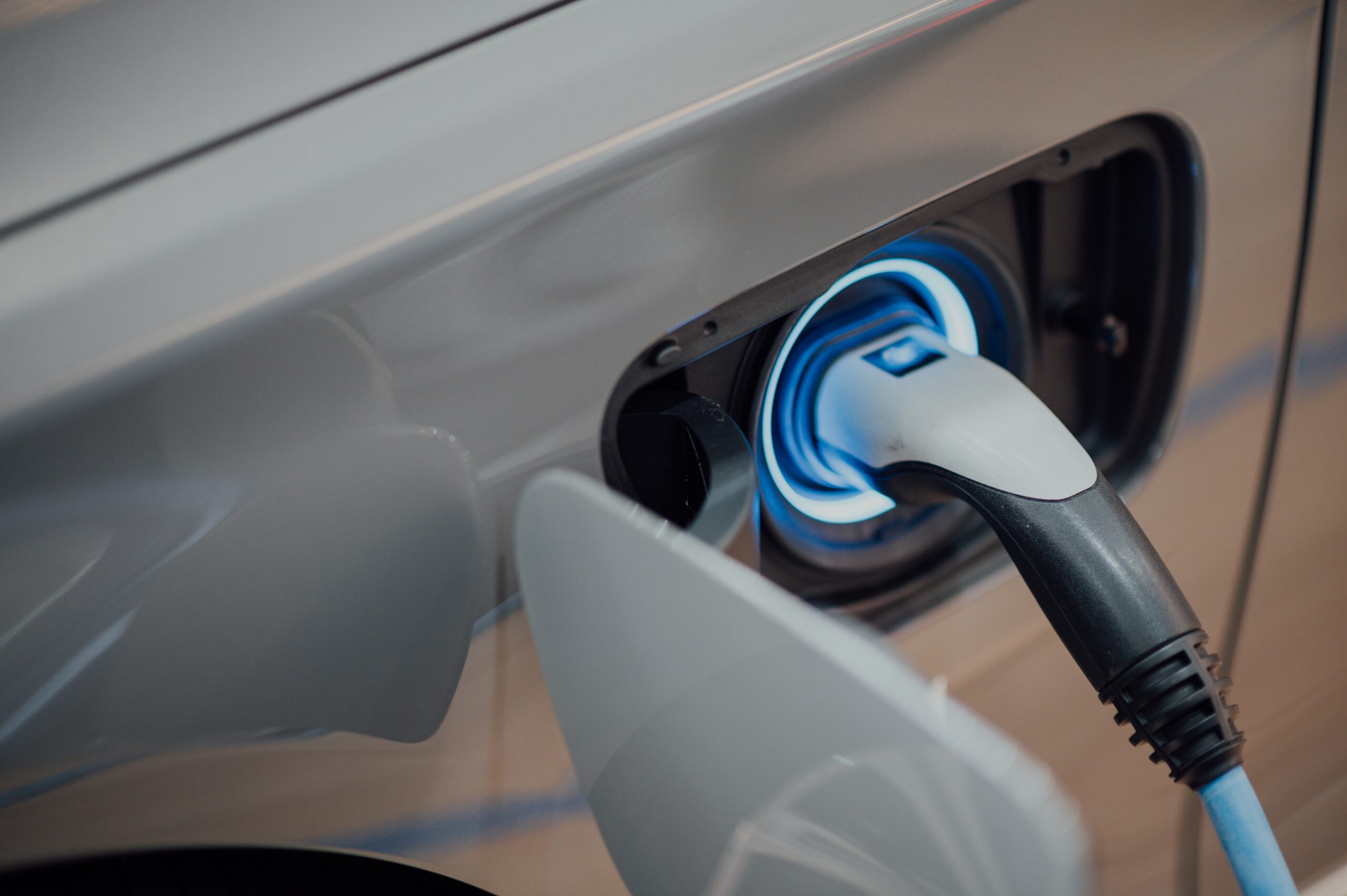A shock in high fuel costs seems to have caused the surge in electric vehicle purchases, with roughly 77% of respondents in a survey by AAA stating an EV would be their next car purchase due to a desire to save on fuel costs. However, gas prices are only a small fraction of the picture. Insurance, maintenance, upfront price, and electricity costs should all be considered when considering purchasing an EV – especially if you’re on a tight budget.
In this blog post, we talk electric car insurance prices. For the most part, electric car insurance tends to run more expensive than insurance for gas-powered vehicles. Here’s why.
Insurance Companies and Electric Cars
Some drivers are still hesitant to flip to electric cars due to concerns over the upfront cost and insurance costs. Yes, electric cars can be more expensive to insure than gas-powered vehicles of similar values. This is due to a combination of factors.
Here are some of the factors why insurers charge more for electric car insurance than regular car insurance:
Rising Cost of Parts
Primarily, electric car insurance is higher than regular car insurance due to the expensive cost to repair or replace damaged parts. Of all the parts that an electric vehicle is made up of, the costliest of all is the battery the vehicle runs off. Batteries for electric vehicles can run anywhere between $5,000 to as high as $50,000, in some cases.
Need for Skilled Repairmen
Electric cars require a skilled workforce to carry out the repairs they need when damaged. As there are fewer electric cars on the roads, there are consequently fewer mechanics trained in repairing electric vehicles. This added “skill” also means that mechanics trained in repairing electric vehicles can charge more for their services, adding to the overall costs.
Availability of Parts
Another factor (which technically ties into the rising cost of parts) is the availability of EV car parts. During the pandemic, drivers, mechanics, and insurers alike faced the issue of a lack of access to new and used cars, meaning there were also fewer car parts around for repairs. This, in turn, can hike the cost of insurance for electric vehicles as the demand for parts is high.
How Much Does Electric Car Insurance Cost?
Electric car insurance, just like regular car insurance, is based on factors such as the driver’s age, experience, and driving history, gender, postal code (or state), the claims history of the driver, the level of coverage they purchase, their deductible, and so on. Not much difference there. Electric car insurance is typically more expensive, as we’ve mentioned, due to the high cost of repair and replacement, but just how much more expensive?
In some instances, there’s very little difference. Forbes Advisor estimated the national average premium for electric vehicles was around $2,280/year based on the 41 top-selling electric car models. In the same analysis, the least expensive EV to insure was the Toyota RAV4 hybrid (averaging out to around $1,776$) and the most expensive EV to insure was the Porsche Taycan ($4,683).
According to the Forbes Advisor analysis of car insurance rates for top-selling vehicles, it was estimated that car insurance for EVs costs $100 more per year when compared to similar-value gas-powered models. Again, rates vary a lot depending on the individual car and driver. It’s also important to note that some insurers offer alternative fuel discounts (discounts for driving EVs) which, depending on the company, can range anywhere from 5% to as much as 15%.
Saving on Electric Car Insurance with AHI Group
As we’ve learned, electric car insurance does tend to cost more than insurance for regular, gas-powered vehicles. There are several practices that you, as an EV owner, can take to reduce your premiums. AHI Group is happy to go over any of these tips or discuss with you one-on-one to find strategies more befitting of your individual needs!
Here are some quick tips:
- Keep a clean driving record. We can’t stress this enough, whether you’re an EV driver or the driver of a gas-powered vehicle. Avoid risky driving behaviours, avoid distractions, and follow the rules of the road.
- Maintain a good credit score. Not all states allow credit scores to influence insurance ratings, but some will offer an opt-in model. If your score is good, opt in for better savings!
- Work with an agency to compare rates. No driver’s circumstances or profile is the same, so working with an agency like AHI Group can help you shop between multiple insurers to find the best choice for your needs.
- Opt for an annual payment. If finances allow, paying for your electric vehicle insurance all as one lump sum can result in a savings discount plus you avoid being charged interest/finance arrangement fees in the meantime.
As always, feel free to give us a call if you have any questions!























